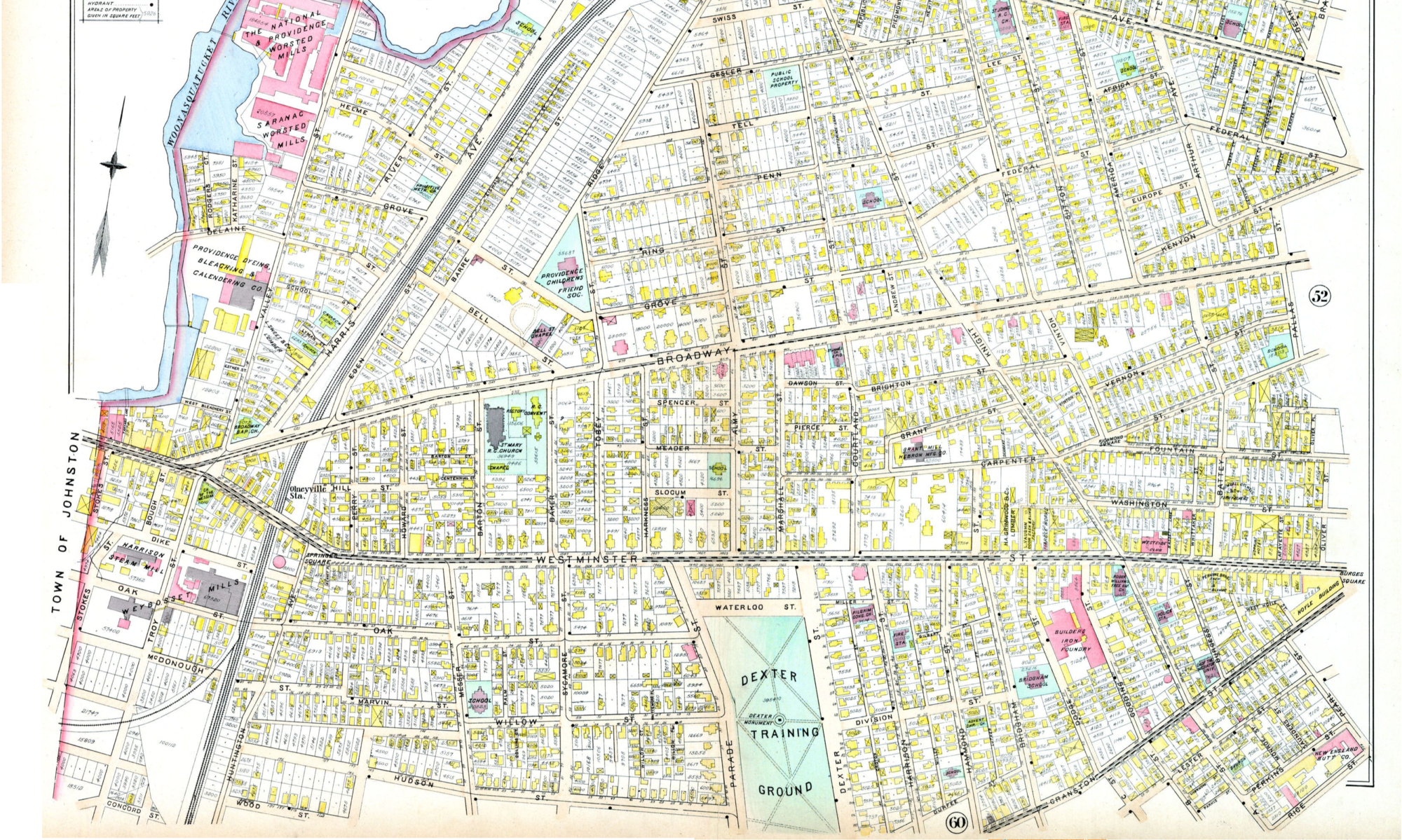There’s an article in Psychology Today from yesterday (Psychology Yesterday?) called “Why Positive Thinking is Bad For You” by Srikumar Rao. His basic point is that trying to “turn lemons into lemonade” is counterproductive, because it requires first thinking of the circumstance as bad. This is straight out of the psychological principle responsible for the trick in the title of George Lakoff’s fantastic book on political framing, “Don’t Think of an Elephant“. It’s impossible to obey that sentence, because by the time your brain has processed the fact that it should steer clear of elephants, it’s already thought of them. It’s similar with reminding yourself to make lemonade out of lemons; thinking that thought by default casts your situation as bad.
Rao advises instead to avoid labels of good and bad, and just treat situations at face value. That’s part of the requisite replacement paradigm, but he misses a couple crucial points important to this philosophy:
Acknowledge emotions
Rao seems to be advocating the denial of our feelings about difficult situations, and that’s a big mistake. Avoiding your emotions can only lead to more stress and pain. So, avoid thinking of things as “bad”, but don’t hide how you’re feeling. Be forthright about it. Your problems aren’t snowballs pelted at you by the fates, they’re just the workings of the world. It’s okay to be sad about the workings of the world.
Moving forward
But how do you avoid letting your emotions kick you down a destructive spiral into depression? If you allow your feelings to run away with you in hard times, you might land back in the boat Rao is trying to help us out of. To avoid thinking about elephants or lemons, you have to be focused on pragmatics. “Okay, what do we do now? How do we get from here to where we want to be?” If you’re centrally focused on that attitude, you won’t stress out when you’re in a bad place. Figure out what the fundamental aspects of your situation are that are making you feel sad or angry or depressed, and change them. Change is usually hard. But this is how you can avoid feeling shat upon by the world. Go for it! What are you going to do when you’re done reading this post?


How does this paradigm shift and what you advise work in situations such as you or a loved one having a diagnosis of a terminal illness, an accident that permanently disables or kills, or the birth of a child with a severe disability? These things are all difficult parts of life, cause some emotions like sadness or anger (see “stages of grief”) and often leave you with a life process much changed and constrained by these realities.
I agree that a helpful response includes the question “What do we do now?” I agree that dwelling on how awful you have been treated by fate can get you stuck. But it may not be possible, given the new reality to get to where you want to be. The reality of the situation may change what is possible in one’s life. Grief about what you have lost is pretty common.
Acceptance of and moving forward with whatever cards life has dealt you can lead to the a realization of the “lemonade” to be found in life’s lemon situations. I have learned so much from the difficult situation of having a child with a severe disability.
I have long thought of the learnings amidst the daily struggles and constraints of life with my (now-27-year-old) son as “blessings in disguise”. If I had sailed along smoothly with everything going as I had hoped and expected, I would never have encountered many wonderful caring people. I might not have developed the patience, appreciation of human diversity, the values and compassionate perspective that this experience has given me. But the experience with my son continues to challenge me at the level of my patterns, at my growing edges. Nobody said life is easy.
So a question with many possible answers is “How do we keep going with a positive or constructive attitude during the down side of life’s vicissitudes?” If we are heading into some turbulent times in the years ahead as a society, a civilization and a species (due to climate disruption and the fall out from peak oil) there will be much need for us to develop tools and capacities to deal with realities quite different from our expectations. See you there.